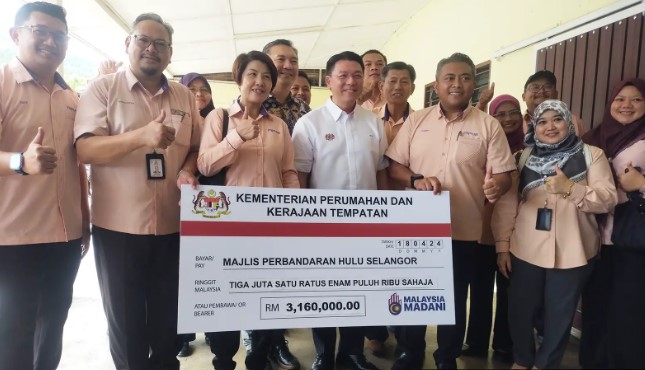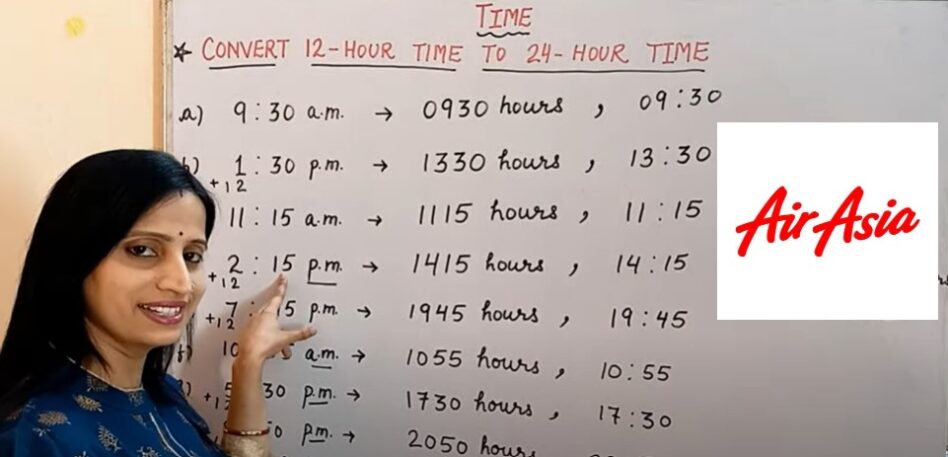WHILE businesses continue to be impacted by the effects of COVID-19, the payment trend in 2020 has shown signs of recovery from the worst of the COVID-19 effects.
Based on Experian Information Services Malaysia’s latest “Industry Debts Turned Cash Indicators” on payment trends in 2019 and 2020 report, the average industry debts-turned-cash (i-DTC) for seven industries increased by 10 days from 78 days in April 2020 to a high of 88 days in June 2020.
The seven selected industries in this study are construction, hospitality and food & beverage (F&B), manufacturing, retail, services, transportation and storage, and wholesale were examined.
According to Experian – a leading global credit and business information provider – this is likely due to companies attempting to preserve cash as a result of the unprecedented decline in business activity during the period of the movement control order (MCO).
Operational constraints, in particular, among micro, small and medium enterprises (MSMEs) who were not equipped or ready with a work from home (WFH) structure to facilitate ‘business as usual’ would also have added to payment delays.
i-DTC measures the average number of days companies take to pay their creditors after the invoice date. It is based on more than 500,000 payment records on business corporations and SMEs across a spectrum of industries facilitating a clearer picture of how fast companies are paying their creditors.
Malaysia entered into a recovery MCO phase starting June 10, 2020. Following the high of 88 days in June 2020, the payment trend eased to 74 days in Nov 2020, which is comparable to the pre-COVID-19 period. Month-on-month (mom), the improvement is one day, reflecting a relative stability in payment trends.

“There is a noticeable recovery tracked in 3Q and 4Q of 2020 in the wider Malaysian economy. This positive trend is likely attributed to the fact that most of the Malaysian economy re-opened post the MCO and with business activity resuming to some normalcy since June 2020,” CEO of Experian Information Services (Malaysia) Dawn Lai commented.
“This, coupled with the government’s ongoing implementation of the Prihatin and Penjana economic stimulus packages, have contributed to enhanced business activity which has helped boost market confidence.”
Meanwhile, the latest Dec 2020 data shows a slight uptick of two days to 76 days overall, as Malaysia announced an extension of its recovery MCO to end March 2021.
Industries on the whole, are still able to maintain its payment for now due largely to ongoing government measures. However, the increase of two days in December 2020 may be indicative of a start of a reversion to cash preservation strategies by businesses as some Malaysia localities impose stricter movement controls.
Comparing data from July till December 2020 – based on a mom comparison – Lai noted that all seven industries saw an improvement in i-DTC days with three industries registering the largest improvements, namely hospitality and F&B industry (18 days), retail (16 days) and construction industry (15 days).”
Since then, the increase in COVID-19 cases have resulted in an expanded conditional MCO (CMCO) across many parts of Malaysia.
While the government signalled that it expects the CMCO to affect 4Q 2020 gross development product (GDP) growth with consumer demand being impacted mainly in the retail, F&B, hospitality as well as the transportation sector, it is very encouraging to note that positive payment trends continued into the final quarter. This is also despite the automatic moratorium having ceased in September 2020.
This outcome can be attributed to the initiatives by Bank Negara Malaysia (BNM) and the financial industry to implement measures to address the COVID-19 impact and support economic recovery. However, with most states in Malaysia being back into CMCO, it could have an impact on the payment trends of businesses.
Also, December 2020 data shows that across most industries, payment trends have seen an increase with six industries seeing an increase on a mom basis with manufacturing (up five days) and wholesale (up four days) seeing the highest increases. This may be due to the CMCO impacting the two sectors, lengthening delivery timelines and experiencing delays in payment.
Moving into 2021, downside risks include the ongoing political uncertainty, the sharper resurgence of COVID-19 cases, vaccine deployment delays, latest announcements on the reinstatement of the MCO and CMCO in the respective states and the national state of emergency declared by the King which may continue to impede the business outlook of Malaysian firms in making timely repayments.
“In light of unprecedented challenges of today’s economy, businesses, especially MSMEs, must remain vigilant on payments to ensure long term sustainability and to adopt available online credit management tools,” Lai advised. – Jan 14, 2021










